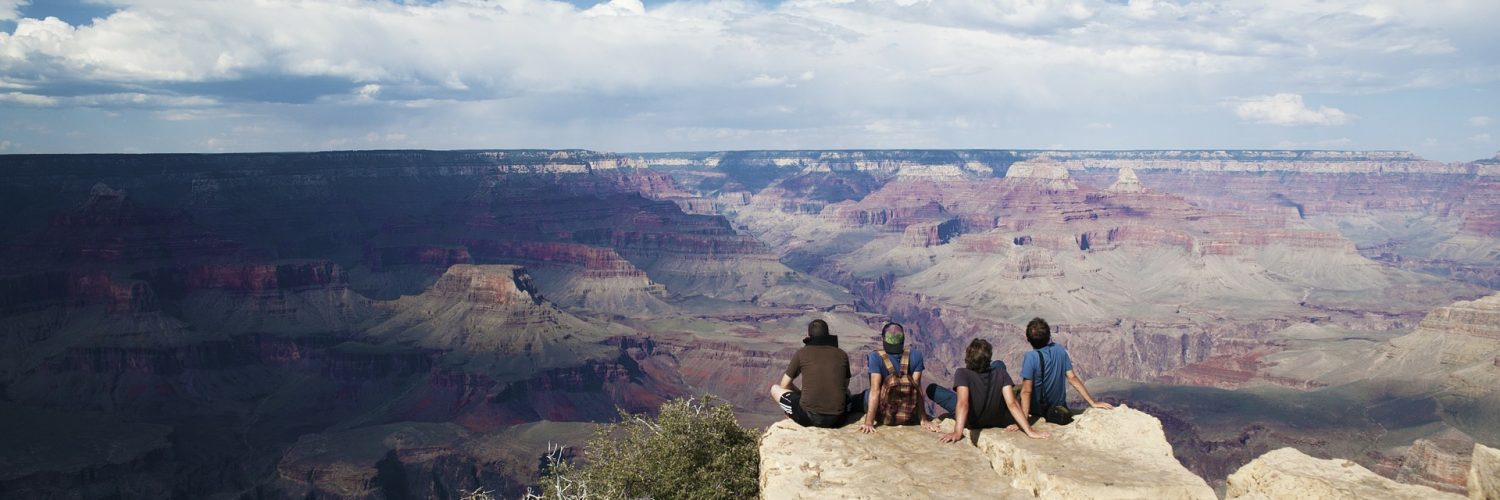The hotel industry suffered some of the most blistering financial setbacks during the pandemic and is facing a longer recovery than most other sectors. But when it comes to the latest federal relief package, they’re feeling left out, industry leaders said last week at a forum hosted by the Arizona Tourism & Lodging Association (AZTLA).

While restaurants and the airlines received designated relief in the legislation, the hotel industry barely received a mention. The oversight is likely due to misconceptions about the industry, they said.
“Because there are big names on top of these hotels like a Best Western or a Marriott, people think they are global operations that own and operate all these hotels and that they’re public and they really haven’t been hurt by all this. But the reality is that the industry is made up of small business owners very similar to the restaurant industry,” said Chip Rogers, president and CEO of the American Hotel & Lodging Association, who spoke at the forum.
The event, entitled, Road to Recovery for the Hospitality Industry, is the first in a new series called Tourism Talks in 2021 to update members, elected officials and community members on issues important to the industry. More than 200 people including elected officials tuned in.

Travis Cutler, director of state government affairs for Marriott International and David Kong, president and CEO of Best Western Hotels & Resorts, were also featured speakers. HSL Properties hosted the forum. Kim Sabow, president and CEO of AZTLA, moderated.
The speakers said state and national lawmakers need to be set straight about the devastation to hotels that employ workers in almost every community in America.
Kong said that it’s been distressing to see the “tremendous pain and suffering” hotel and franchise owners and their families have experienced over the past year.
“I just wish government officials and Congress, in particular, would realize we are Main Street, not Wall Street,” Kong said.
Recovery for industry to take three or more years
While hotel operators are starting to “see the light at the end of the tunnel,” it is projected to take until 2024 or 2025 for the industry to fully recover, Sabow said.
“Twenty-twenty was the worst year on record for the hotel industry. Covid-19 wiped out 10 years of job growth. It has hurt our communities and decimented our workforce,” she said. “With record low occupancy, the industry surpassed one billion unsold room nights for the first time in history.”
Leisure travel has helped keep the lights on for some, but business travel, which accounts for 60 to 65 percent of all revenues for the industry, is nowhere near recovering. It’s down 85 percent from where it was two years ago, she said.
Arizona lost $12 billion in direct visitor spending
In Arizona, where tourism is a key industry, the losses have been “staggering,” Sabow said.
Tourism was the number one export industry in Arizona before the pandemic. In 2019, 46.8 million people visited Arizona, collectively spending $25.6 billion in the state, according to the Arizona Office of Tourism.
Over the past year, direct visitor spending dropped $12 billion, Sabow said. During the height of the pandemic, the hospitality sector lost nearly 50 percent of jobs. Hotel revenue losses amounted to $1.3 billion. State and local governments missed out on $300 million in tax revenue.
Call to national, state elected leaders
Sabow and the other speakers encouraged attendees to contact their state and national representatives, to remind them that the industry is made up largely of small businesses.
They are recommending that hotels receive 25 percent of the $350 billion the recent federal stimulus package, the American Rescue Plan, that is being allocated to U.S. territories, states, and local and tribal governments.
Currently, the rescue plan mentions tourism and travel but it does not mention hotels specifically, said Cutler of Marriott.
“It’s important we are vocal about the fact that that’s in there and making sure that (elected leaders) know it’s in there,” Cutler said.
He recommends that hospitality advocacy groups follow the lead of a few other states like Maryland and put together “turnkey relief templates” for states that lay out criteria for grant eligibility and other procedures for the hotel industry.
“We really need to be proactive in offering relief concepts and ideas that are packaged and ready to go for these state lawmakers and decision makers as they are evaluating what to do with what they’re allocated,” Cutler said.
















Add comment